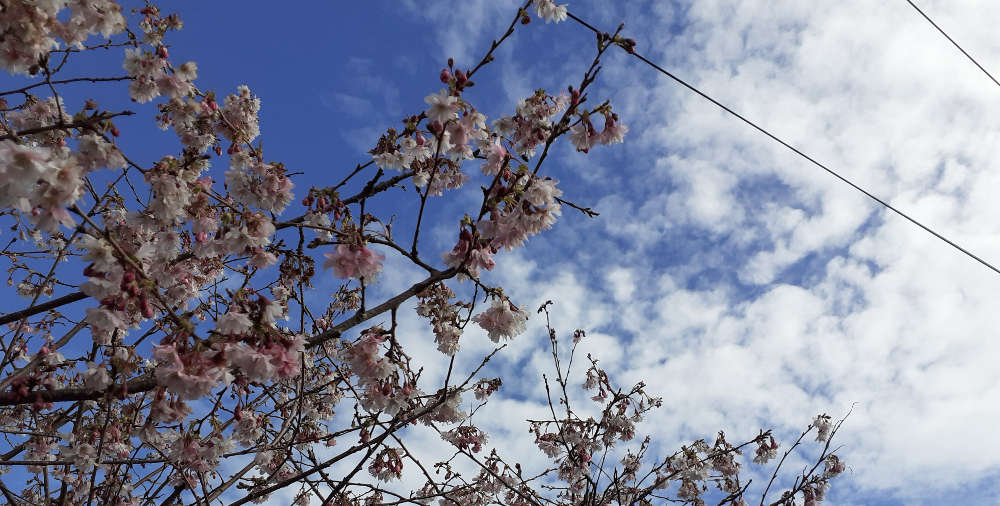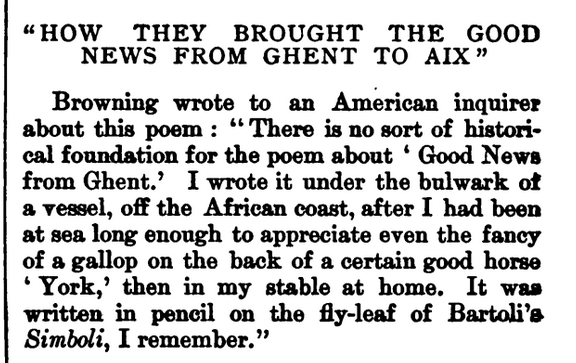First Floor Left | Forvie’s Parks | No Wonder

First Floor Left
When I’m through here
I will have a garden again.
A small one, just. No shrubbery
no half-acre of tatties:
a couple of beds to grow things in
and maybe a flowering tree.
A square of grass that I will lie on
watching clouds and contrails overhead
while I neglect the weeding.
I will have eaves, with sparrows:
I hope, a visiting blackbird
or a songthrush that will whistle me home
at evening, and for which
I will leave the snails and slugs unpoisoned
no matter what effect they have on my hostas.
I will have frost
for sure. Blight.
Biblical visitations of greenfly.
Every summer, I will start to hoard the bathwater
just as the August rains arrive
to decompose the roses.
But I will have a garden
to see me out, as gardens do:
green outside my windowframe
and small songs.
I won’t wake any more
to gulls and their summer aggro
echoing through the carpark
or sift whatever joy I can from two magpies
quarrelling on an aerial:
from dandelions, dying, sprayed. From buddleia
dismantling the chimneystack
where nobody cares it’s growing.
(first published in Gyroscope Review, 17(2), 2017)

Forvie’s parks
A the darg gaen intil thae parks!
A the sweit, an the bluid o generations
lang ere ony sowl bidin here,
nou, kin mynd o!
– for it a tae be smoored;
drenct in wast, an the sea’s affscourins.
A the grief, fur naethin.
An the hert cries oot tae hae reason:
gin it daurna accuse its God
it maun hae some auld carline a witch i the tale.
Lat nocht be fund,
it’ll hae her sayin, but marram, bent, an ling.
(first published in Pushing Out the Boat 5, 2005)
Forvie was a village at the mouth of the river Ythan in Aberdeenshire. It was probably deserted by about the 15th century as movement in the sand dunes gradually swallowed its fields and houses, and today only the foundations of its small church are still visible. Local legend has is that it was engulfed during a dramatic 9-day storm, brought about by a curse from a woman the villagers had cast adrift in a leaky boat. In some versions of the story she was a suspected witch but in others, one of three sisters whose uncle coveted their inheritance.

No wonder
There are penalties attached to being the family librarian
– so much stuff you’re expected to know
how to find.
It was both a sad and a good thing
when my Dad stopped having arguments in public bars
then sending me to find him what – when I brought it –
would be the wrong truth:
that William Blake
didn’t die in a madhouse, for example.
Somebody had him muddled up with John Clare,
or maybe Robert Fergusson.
And although I told him the right beleaguered city
– it was Aix-la-Chapelle, otherwise known as Aachen
and not the Aix in Provence –
I think I’ve never been forgiven for discovering
there was no good news from Ghent.
Browning just made that up
on a voyage off West Africa
at the same time as the one about
how delightful and enchanting
the April weather is in England.
And in truth I don’t forgive myself entirely
for failing to join the family tradition of romancers
bigging up the mad,
the picturesque, the rebels
while the aunties tried to write them out
and make us sound respectable
– or forgive myself for only joining later, on my own terms.
Look at this poem:
still not coming up with news
that alone could save Aix
– that’s Aix-la-Chapelle, mind – from her fate.
No wonder
he was disappointed.